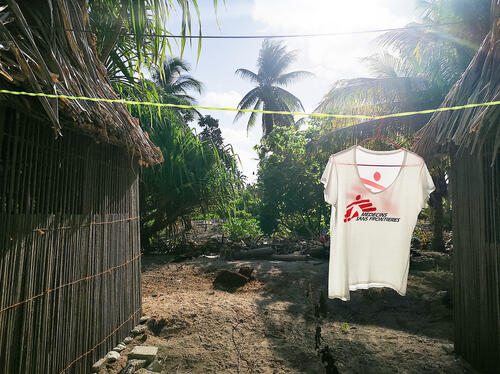Read the policies, reports, guidance and plans on how we tackle themes, such as addressing racism and mitigating our carbon footprint, on holding to the highest standards of ethics and values in our actions.
How we earn and spend funds
To find out about where our funds come from and how they are spent, read through our annual financial and activity reports.
Behavioural commitments
The integrity of our organisation is upheld by the good conduct of each individual staff member, in any location, with full respect for the communities we serve. For us, this means not tolerating any behaviour from our staff that exploits the vulnerability of others, or of employees taking advantage of their position for personal gain.
All MSF staff are expected to abide by the MSF Behavioural Commitments.
Fighting inappropriate behaviour
Our leadership has unequivocally committed to fight abuse and harassment, and to reinforce mechanisms and procedures to prevent and address them. All staff are expected to abide by MSF’s Behavioural Commitments and our guiding principles as stipulated in our Charter.
Training related to behaviour and management of abuse are regularly updated and improved. Procedures, including grievance mechanisms, are in place to encourage prevention, detection, reporting, and management of all types of inappropriate behaviour, harassment, and abuse. People, including victims or witnesses in the communities where MSF works, are encouraged to report misconduct to us so that allegations can be properly addressed.
Since 2018, on a yearly basis, MSF reports on the number and broad types of complaints received of abuse and inappropriate behaviour.
Our reporting on abuse and inappropriate behaviour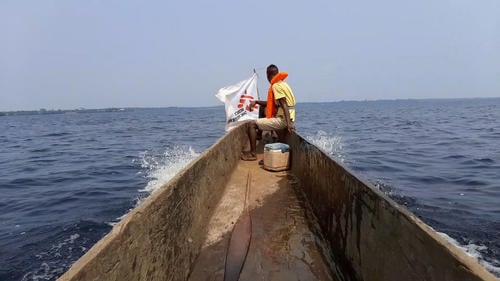
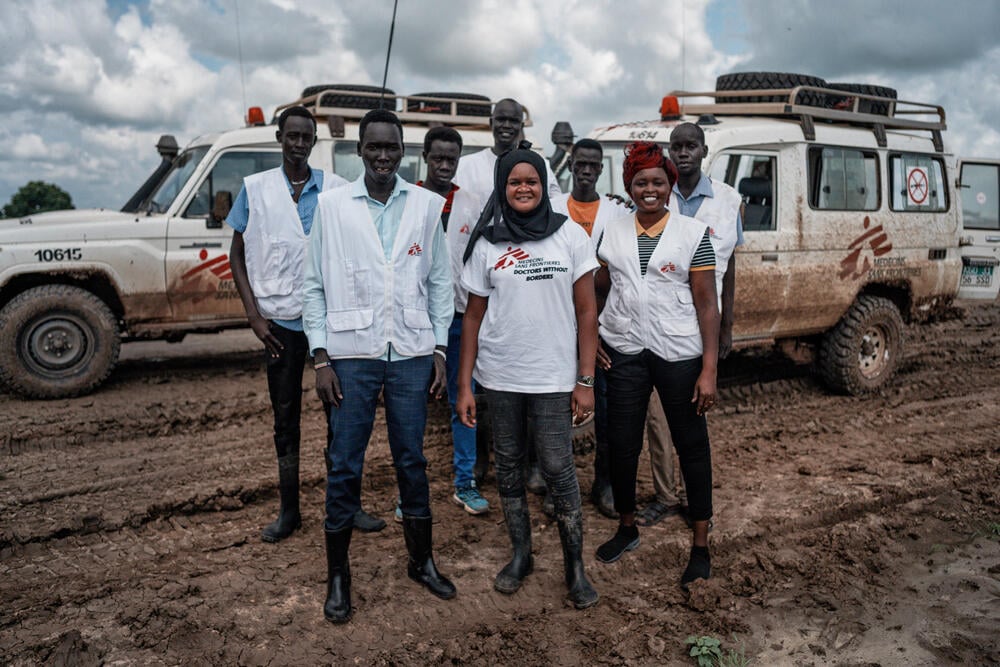
Tackling racism and discrimination
In July 2020, MSF’s international leadership made a public commitment to tackle discrimination and racism within our organisation.
The Core Executive Committee (Core ExCom) pledged to “lead the way for the radical action sought after and demanded by our associations.” In 2020, the Core ExCom defined an action plan, identifying seven priority or key areas as requiring urgent and concrete action.
We publicly publish our progress on each of the seven areas, as we want staff, patients, communities, donors, stakeholders, and the public at large to see where we stand on each of them, including those where we are struggling to move forward. Doing so is the best way to be transparent and demonstrate accountability for our actions.
Mitigating our contribution to climate change


In late 2020, the highest-ranking MSF bodies – including the International Board – signed The Environmental Pact. The pact is a recognition of the environmental impact of our humanitarian duties – which is still essential to carrying out our work – yet is also a commitment to adapt our activities to significantly reduce our carbon footprint. In 2021, we decided to reduce our emissions by at least 50 per cent compared to 2019 levels by 2030. Measures to achieve this are now incorporated in all main MSF entities’ strategic or action plans.


We are working to ensure an efficient and socially responsible supply chain, in order to reduce, reuse and recycle medical materials and equipment. For example, in Uganda, we have a project that aims to replace the millions of plastic bags we use each year to distribute medicines, with ecologically sustainable bags using local resources made by local communities. We are also reducing medical waste in our hospitals and clinics, including exploring options to move away from single-use products where appropriate.

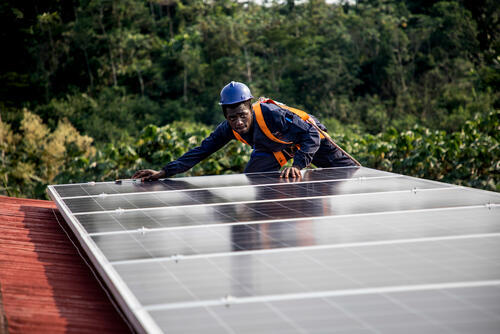
We are developing new energy solutions, such as using solar panels to power some of our medical activities, showing that a shift to environmentally responsible practices is possible even in low resource settings. In Kenema, Sierra Leone, we are powering a 182-bed hospital with solar panels, providing energy to an inpatient unit, laboratory, imaging suite, blood bank, emergency room, and a maternity ward. Not only is this reducing our carbon emissions, but we are also saving approximately €40,000 on diesel per year. We also support three solar-powered hospitals in remote areas of Democratic Republic of Congo.

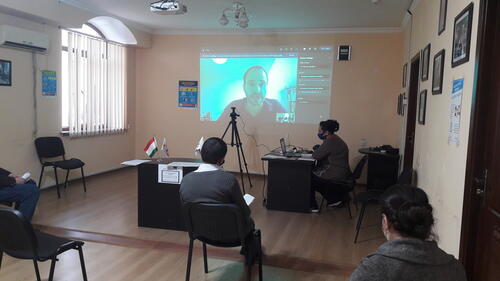
We are reducing our international travel by air, for example attending meetings or workshops virtually rather than in person. We are also sourcing medical supplies closer to the places where we work. These changes have also accelerated because of the impact of the COVID-19 pandemic on international freight and personnel travel.
Our plans in reducing our carbon footprint
Read below the different plans, road maps and strategies we have – on both movement-wide and operational directorate scales – to reduce our carbon footprint.

MSF’s 2020 Environmental Pact
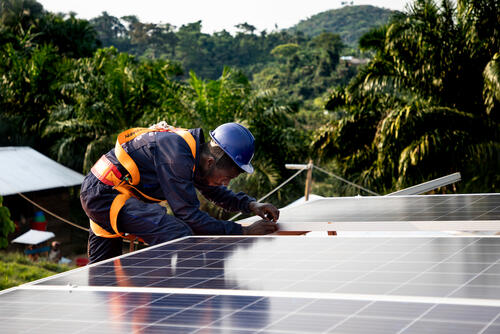
MSF commits to reduce carbon emissions to help safeguard the most vulnerable

A roadmap to decarbonisation for Operational Directorate Geneva

MSF France: une feuille de route pour la réduction de notre empreinte environnementale

Image use and consent at MSF
Visual storytelling lies at the heart of our social mission. Our images are crucial in allowing us to bear witness to crises, inform the public, inspire action, and raise the funds that allow us to continue our lifesaving activities.
The power of an image lies in its ability to tell a story, but this cannot come at the expense of the dignity, privacy, or agency of the people depicted. Learn how we gather consent for taking images of people, and our use of them afterwards
Image use and consent policy


